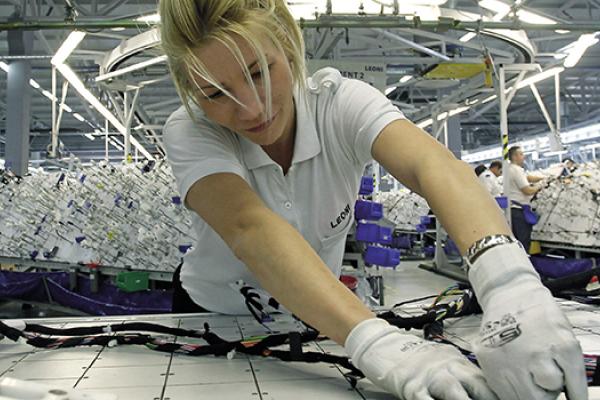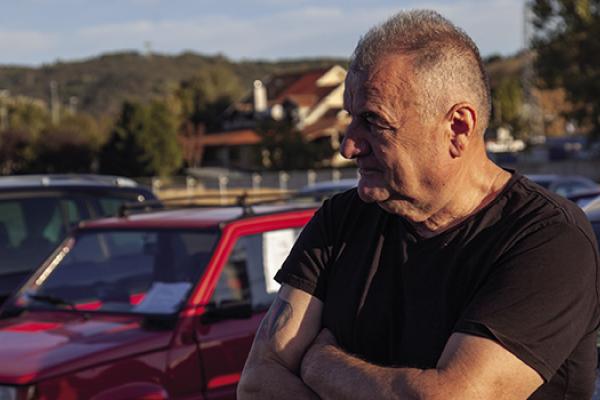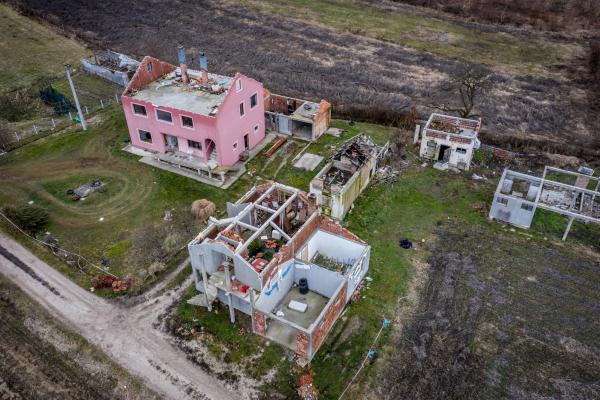Nemanja Rujević is a journalist and editor for the German public broadcaster Deutsche Welle and the Serbian weekly Vreme.
Nemanja is the author of the newsletter Međuvreme and the column Vaservaga in the daily newspaper Danas. His investigative reports have been published in the Süddeutsche Zeitung, Daily Maverick and De Groene Amsterdammer, among others. Rujević won the "Dejan Anastasijević" award for investigative journalism in 2023.
Nemanja publishes reports and analyses in Serbian, German and English.
Photo: ©KTV





